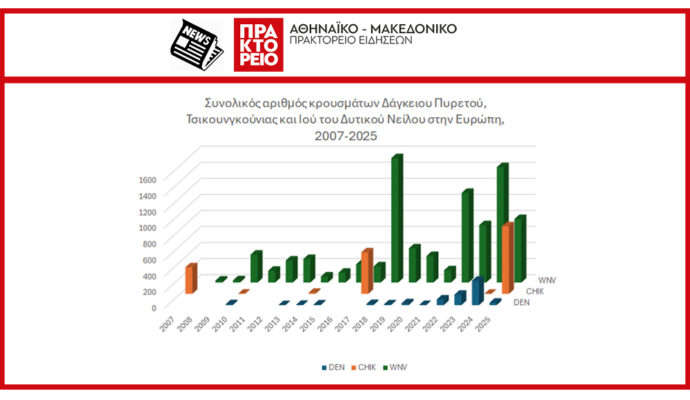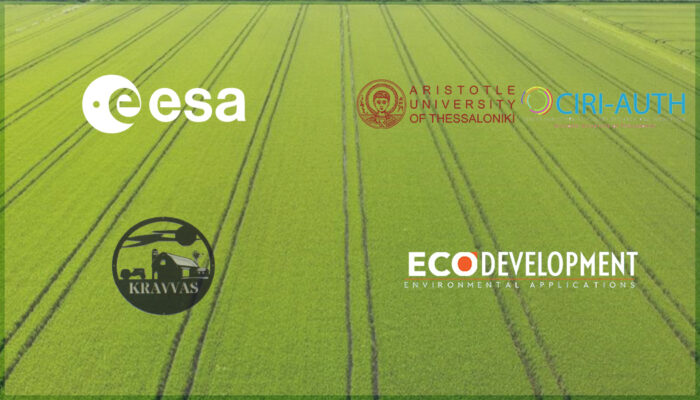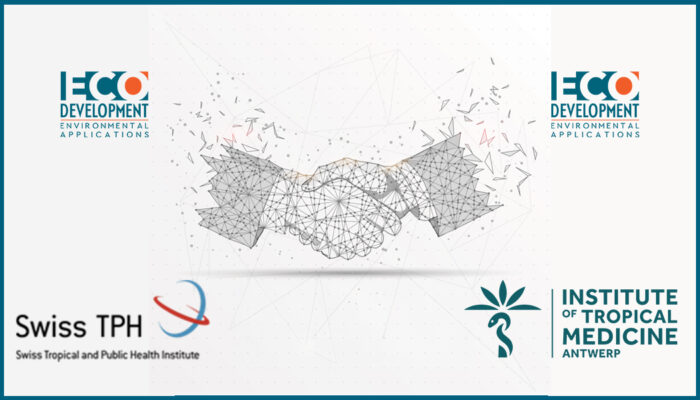This year, the mosquito control project of the Larissa Regional Unit was marked by the Daniel phenomenon, which led us to carry out a specialised entomological and epidemiological surveillance programme throughout the Region. The pure control project in the Regional Unit of Larissa was completed on 15 October, while the new special project for the whole Region will be completed at the end of November.
After “Daniel” that hit the Region, the state, by decision of the Ministry of Health, created a coordination unit for the management of public health issues, in which Ecodevelopment participated in the issues of mosquito control to protect the population from West Nile Virus (WNV).
Specifically, from the first week, 50 adult mosquito traps were placed throughout the region, the collected pools were analysed in the Ecodevelopment laboratory, and we undertook larviciding activities in “critical” areas due to flooding. Finally, emergency ultra-low volume (ULV) spraying applications were carried out in settlements where circulation of the WNV pathogen was detected in larval mosquitoes, or following the occurrence of a human case.
After the floods that occurred on 05/09 there was great concern about the possible occurrence of WNV outbreaks. We repeatedly stated that the epidemiological risk in relation to WNV is low, and after gathering sufficient data we announced on 28/09 with a press release the very low risk levels for the virus. Thus in the Region of Thessaly the cases after Daniel are finally 8, compared to 52 for the period before Daniel (i.e. 15%).















